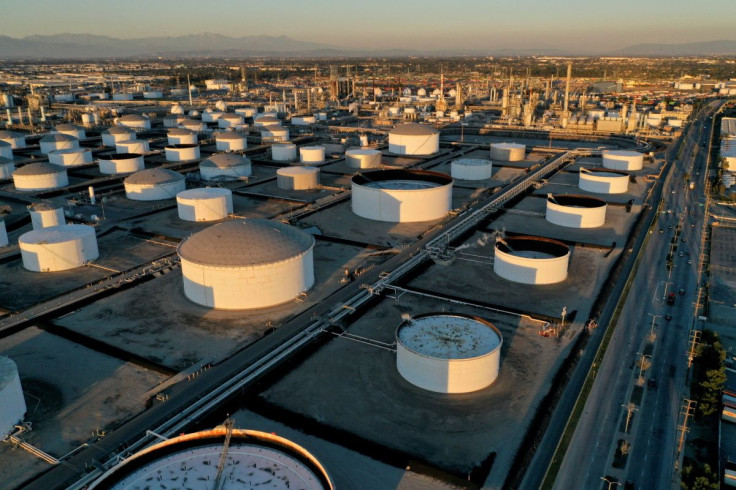Oil Steady Despite Libya Supply Drop, Shanghai Preparing To Reopen

Oil prices were little changed on Tuesday, after rising 1% in the previous session, as Libya was forced to halt some exports and as manufacturers in China prepared to reopen factories after a nearly three-week COVID-19 shutdown in Shanghai.
Brent crude futures rose 21 cents, or 0.2%, to $113.37 a barrel at 0020 GMT, while U.S. West Texas Intermediate (WTI) crude futures slipped 2 cents to $108.19 a barrel.
Gains were limited with the dollar trading at a fresh two-year high. A stronger dollar hurts oil buyers holding other currencies.
Both benchmark contracts rose more than 1% in the previous session after hitting their highest since March 28 after Libya said it could not deliver oil from its biggest field and shut another field due to political protests.
The latest supply hit came just as fuel demand in China, the world's largest oil importer, was expected to pick up as manufacturing plants prepared to reopen in Shanghai.
Demand concerns remain, however, as China continues to impose tough curbs to contain COVID outbreaks.
"We are still in a tractor pull between global supply deficits and China's COVID demand crunch at the end of the day," SPI Asset Management's managing director, Stephen Innes, said in a note.
Meanwhile the possibility of a European Union ban on Russian oil for its invasion of Ukraine continues to keep the market on edge. On Tuesday Ukraine said Russia, which calls its actions a "special operation", had started an anticipated new offensive in the east of the country.
"Market sentiment was supported by the Russian minister saying more countries banning Russian oil imports would mean oil prices exceeding historic highs," ANZ Research analysts said in a note.
© Copyright Thomson Reuters 2024. All rights reserved.




















